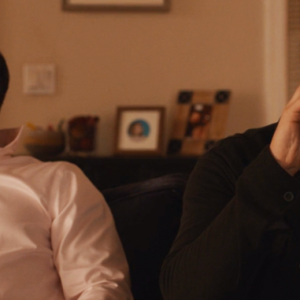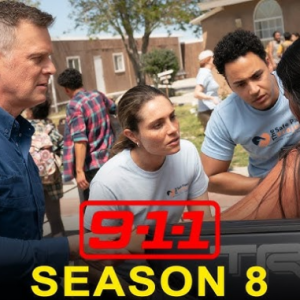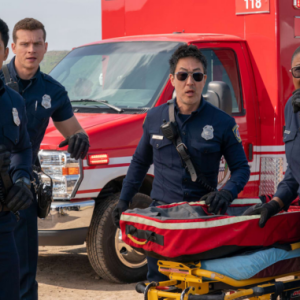Have you ever wondered what happens after you dial 9-1-1? That split-second decision to call can mean the difference between life and death. Emergency responders work under immense pressure, making life-altering choices in real-time. But what really goes on behind the scenes?
This article takes you deep into the world of 9-1-1 emergency response, from the moment a call is made to the life-saving efforts of dispatchers, paramedics, and first responders.
The History of 9-1-1: How It All Began
Why Was 9-1-1 Created?
Before 9-1-1, calling for emergency services was a nightmare. People had to dial different numbers for police, fire, and medical assistance. In 1968, the first 9-1-1 call was made in Haleyville, Alabama, revolutionizing emergency response forever.
How the 9-1-1 System Evolved
Over the decades, technology improved, allowing dispatchers to pinpoint locations, handle multiple emergencies at once, and provide life-saving guidance before responders arrive. Today, we even have Enhanced 9-1-1 (E9-1-1), which automatically provides the caller’s location.
What Happens When You Dial 9-1-1?
Step 1: The Call Is Answered
A trained dispatcher picks up within seconds. Their job is to assess the situation quickly and calmly, even when callers are panicked.
Step 2: Determining the Emergency Type
Not all emergencies are the same. Dispatchers categorize calls into three main types:
- Medical Emergencies: Heart attacks, strokes, severe injuries, etc.
- Fire Emergencies: House fires, wildfires, gas leaks.
- Law Enforcement Needs: Crimes in progress, domestic violence, car accidents.
Step 3: Dispatching the Right Help
Once they understand the emergency, dispatchers send out police, firefighters, or paramedics, depending on the situation.
The Life of a 9-1-1 Dispatcher: Unsung Heroes
A Job That Requires Steel Nerves
9-1-1 dispatchers are the first line of defense in any crisis. They must remain calm while talking to terrified callers, guiding them through CPR, or handling hostage situations—all from behind a headset.

The Emotional Toll of the Job
Hearing people in their worst moments takes a toll. Many dispatchers experience PTSD, just like first responders in the field.
The Role of First Responders: Heroes on the Front Lines
Firefighters: More Than Just Fighting Fires
Firefighters don’t just put out flames—they’re trained in emergency medical response, search and rescue, and hazardous material incidents.
Police Officers: Risking Their Lives for Public Safety
From responding to active shooters to domestic violence situations, police officers are trained to de-escalate dangerous situations.
Paramedics & EMTs: The Difference Between Life and Death
Paramedics arrive at the scene prepared for anything—car crashes, gunshot wounds, overdoses, and more. Their fast action can be the difference between survival and tragedy.
Common 9-1-1 Emergencies & How to Handle Them
Heart Attacks & Strokes
If someone shows symptoms of a heart attack (chest pain, shortness of breath) or a stroke (facial drooping, slurred speech, confusion)—call 9-1-1 immediately.
Choking Incidents
Every second counts. If someone is choking, perform the Heimlich maneuver and call for help.
Car Accidents
Stay calm, check for injuries, and call 9-1-1. If it’s a minor accident, move vehicles to a safe location.
House Fires
Get out immediately! Never try to fight a fire yourself—leave it to the professionals.
What NOT to Do When Calling 9-1-1
Never Prank Call
Making fake emergency calls can delay response times for real emergencies. In many states, it’s a felony.
Don’t Hang Up If You Call by Mistake
If you dial 9-1-1 accidentally, stay on the line and let them know it was a mistake. Hanging up could result in emergency services being dispatched unnecessarily.




